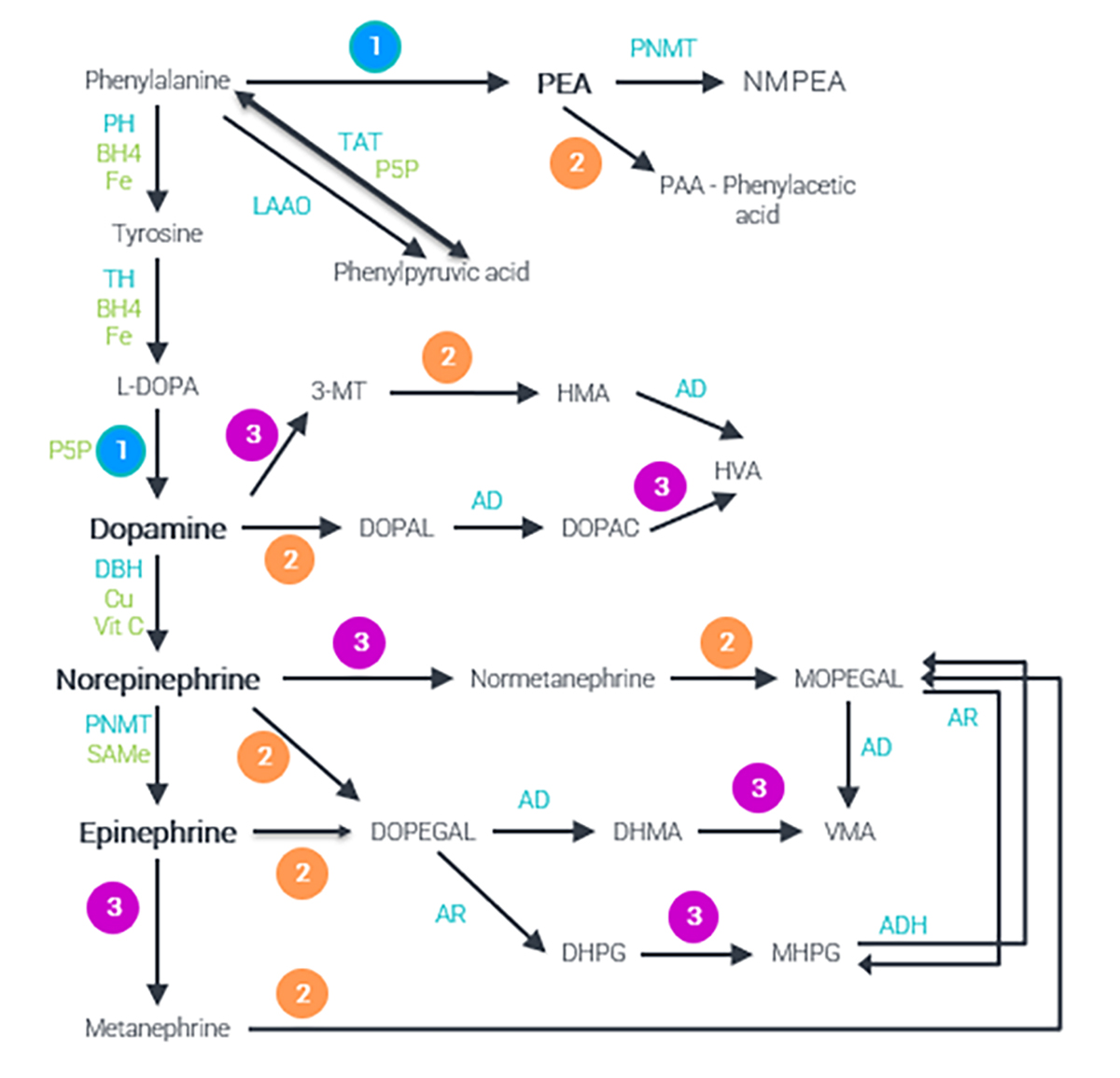Dopamine greatly affects the physical and mental activities of people. Dopamine deficiency can cause a number of typical pathologies such as parkinsonism, obesity, depression. Meanwhile, excess dopamine also affects no less, one of which is schizophrenia.
Dopamine and its Effects
Dopamine is a neurotransmitter produced in large concentrations during pleasurable activities aimed at transmitting information between nerve cells.
Dopamine has the effect of creating feelings of joy, improving mood, ability to concentrate and creativity of people. The hormone dopamine is usually produced when the body desires to be rewarded. It stimulates the brain to associate desires for pleasure-making hobbies such as eating, shopping, or sexual activity. Dopamine does not work separately but together with other types of neurotransmitters and hormones such as serotonin and adrenaline produce effects on human psychological and physical health.
How is dopamine produced?
As a monoamine neurotransmitter, dopamine is derived from aromatic amino acids, namely the biochemical conversion of phenylalanine to tyrosine into dopamine in a series of steps (see figure). Dopamine is then converted into another monoamine neurotransmitter, norepinephrine and then epinephrine. Vitamin B6, iron, niacin, and tetrahydrobiopterin are essential nutritional cofactors for making dopamine.

What happens when Dopamine is out of balance?
When dopamine levels are balanced, emotions are more stable. Dopamine balance leads to feelings of well-being and motivation, alertness and focus. Conversely, a dopamine deficiency can lead to feelings of sadness, lack of focus, and lack of motivation. Both high and low levels of dopamine can lead to problems in the body.
Effects of Dopamine on Mental Health
Too much or too little dopamine is one of the causes of mental disorders. For example:
- Schizophrenia: Decades ago, scientists found a link between "superdopamine" levels in certain brain centers and the ability to stimulate hallucinations and delusions.
- ADHD: Some studies suggest that dopamine deficiency is the cause of attention deficit hyperactivity disorder (ADHD). Dopamine deficiency is due to genetic structures in the body.
- Substance abuse: Addictive substances increase dopamine levels causing feelings of high euphoria. This pleasant feeling makes people want to try again and again. Over time, the stronger the response to the feeling, the greater the content of addictive substances must be used.
- Depression: Depression is thought to be related to low levels of dopamine. It's what causes symptoms of sadness, trouble sleeping, and cognitive changes over time.
Effects of Dopamine on Other Pathologies
In addition to being related to mental illnesses, dopamine also affects a number of other pathologies such as:
- Parkinson's disease: One of the effects of dopamine is to connect nerve cells to control body movements. In Parkinson's disease, there is a type of neuron that gradually degenerates. These cells lose their ability to transmit signals, causing the body to produce less dopamine. From there, physical symptoms such as tremors, muscle stiffness, spontaneous slow movements, poor balance appear.
- Dopamine transport deficiency syndrome: Also known as dystonia accompanied by parkinsonism (dystonia-parkinsonism) in infants. This condition causes motor abnormalities similar to Parkinson's disease.
- Obesity: Dopamine has the potential to influence the level of desire to eat in obese people. Brain imaging studies show that people with obesity do not release enough dopamine and serotonin during eating. This causes them to eat large amounts of food and still not feel satisfied.
Source: https://sanescohealth.com/blog/what-is-dopamine-and-what-is-it-responsible-for/
https://www.vinmec.com/vi/tin-tuc/thong-tin-suc-khoe/suc-khoe-tong-quat/dopamine-anh-huong-den-co-nhu-nao/
